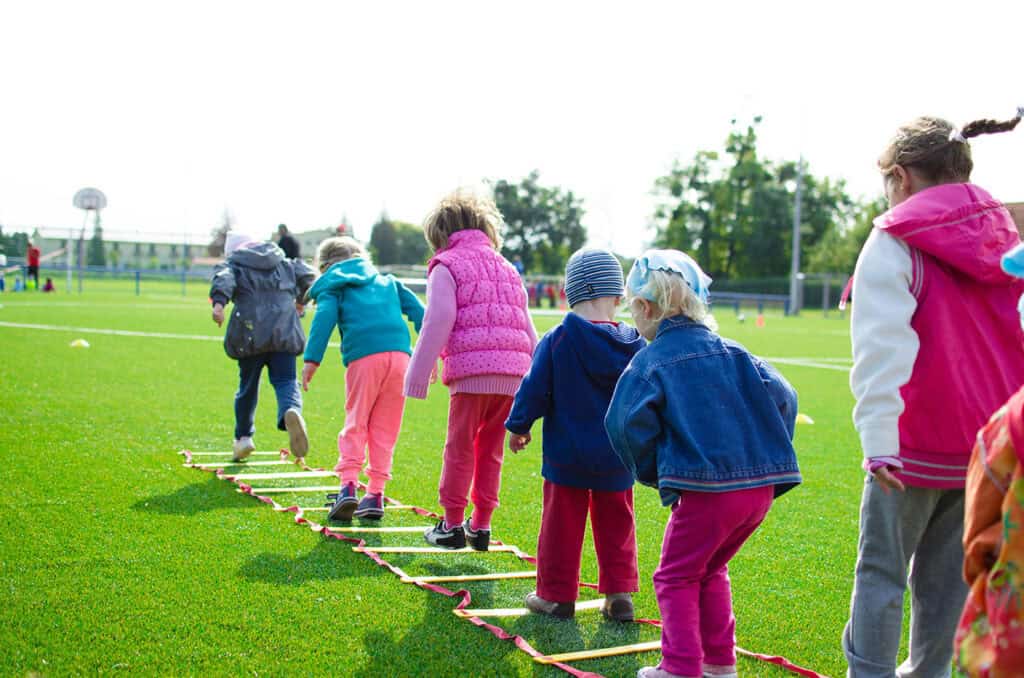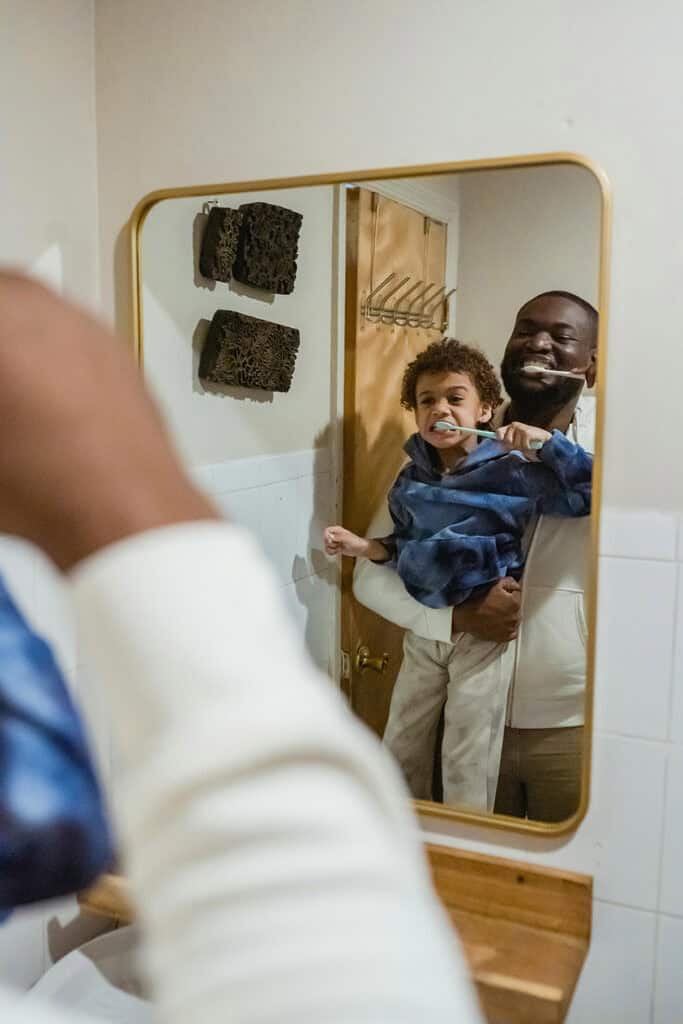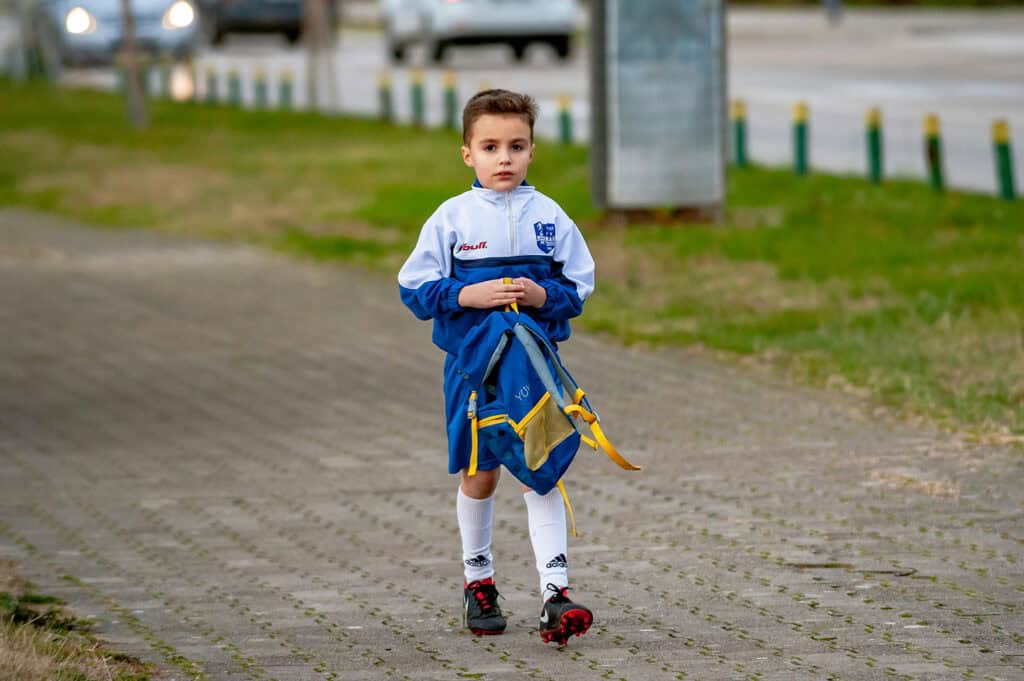
Are You Struggling to Balance Your Parenting Responsibilities? Parenting is no easy task, and it’s natural to feel overwhelmed. From providing basic needs to fostering independence, the responsibilities can seem endless.
But you’re not alone, and every step you take plays a vital role in shaping your child’s future.
In this article, we explore 15 essential parental responsibilities that will guide you through nurturing, supporting, and raising your child with confidence.
After reading this article, you’ll have a clear understanding of how to build a nurturing, safe, and supportive environment.
Let’s unlock the path to raising resilient, happy, and successful children together!
- 1. Providing Basic Needs
- 2. Ensuring Education
- 3. Teaching Good Values
- 4. Providing Emotional Support
- 5. Setting Boundaries and Rules
- 6. Encouraging Independence
- 7. Promoting Physical Health
- 8. Building Self-Esteem
- 9. Teaching Life Skills
- 10. Being a Role Model
- 11. Encouraging Social Skills
- 12. Supporting Their Dreams
- 13. Protecting Your Child
- 14. Spending Quality Time
- 15. Handling Challenges Together
- Parents' Responsibilities: A Recap
1. Providing Basic Needs

Parental responsibility includes ensuring a child’s basic needs are met. Parents or adoptive parents must provide food, clothing, clean water, and a safe place to live. Medical care is essential for the child’s life and well-being.
Parental responsibilities also cover legal rights, ensuring the child’s best interest. Parents must spend time nurturing and supporting their children. Meeting these needs builds trust and security. Providing for a child goes beyond material items—it reflects care, love, and dedication to a fulfilling life.
Tips for Parents:
- Offer balanced meals with fruits, vegetables, and proteins.
- Keep your home clean and safe from hazards.
- Make sure your child has proper clothing for each season.
Providing for your child’s basic needs is the foundation of good parenting.
See also 15 Questions To Discover Your Life Purpose: A Guide to Self-Discovery
2. Ensuring Education

Education is a key responsibility. Parents must make sure their children attend school and have the tools they need to learn. Supporting their education helps them build skills for the future.
How Parents Can Help:
- Check homework and school projects.
- Talk to teachers about your child’s progress.
- Create a quiet space at home for studying.
Encourage your child to value learning. This will set them up for success in life.
3. Teaching Good Values

Parents have the responsibility to instill strong values in their child’s upbringing. Teaching good values shapes a child’s life and important decisions. Adoptive parents and biological parents alike share this parental responsibility.
Leading by example helps children learn the best personal values, such as honesty, kindness, and respect. Quotes about values can inspire meaningful lessons. By prioritizing values, parents build a strong foundation for their children. This role is essential in nurturing responsible individuals and creating positive lifelong habits.
Ways to Teach Values:
- Set a good example by acting with integrity.
- Talk about right and wrong during everyday situations.
- Praise your child when they show good behavior.
Instilling strong values helps children make better decisions.
4. Providing Emotional Support

Children need love and encouragement to feel and gain confidence. Parents should offer emotional support and be there during tough times.
Tips for Emotional Support:
- Listen to your child’s feelings without judgment.
- Celebrate their achievements, big or small.
- Comfort them when they are sad or upset.
When children feel supported, they are more likely to grow into emotionally strong adults.
5. Setting Boundaries and Rules

Discipline is part of parenting. Children need boundaries to understand what is acceptable and what is not. Clear rules help them develop self-control and responsibility.
How to Set Rules:
- Be consistent with expectations.
- Use positive reinforcement instead of harsh punishments.
- Explain why rules are important.
Balanced discipline teaches respect and accountability.
6. Encouraging Independence

As children grow, they need to learn how to do things on their own. Encouraging independence helps them become confident and capable adults.
Ways to Promote Independence:
- Let them make small decisions, like choosing their outfit.
- Teach them how to do chores like cleaning their room.
- Encourage problem-solving instead of always giving answers.
Balancing guidance and freedom helps children grow responsibly.
7. Promoting Physical Health

Parents play a vital role in promoting their child’s physical health. Teaching wellness habits and encouraging self-care for kids is essential. Limit unhealthy food and promote balanced meals.
Ensure regular medical check-ups and necessary medical treatment. Spending time exercising as a family sets a good example. Parental responsibilities include guiding kids to healthy routines.
Balancing parental rights with responsibilities means collaborating with the other parent for the child’s well-being. Healthy kids thrive with active, engaged parents.
Tips for Promoting Health:
- Encourage outdoor activities like playing sports or riding bikes.
- Limit screen time and promote active play.
- Ensure they get enough sleep for their age.
A healthy lifestyle keeps children energetic and strong.
See also Family Values Books: 10 Essential Reads for Stronger Bonds
8. Building Self-Esteem

Parents play a big role in shaping their child’s self-esteem. Positive encouragement helps children believe in themselves and their abilities.
How to Build Self-Esteem:
- Compliment their efforts, not just results.
- Avoid comparing them to others.
- Support their interests and hobbies.
When children feel valued, they develop confidence and resilience.
9. Teaching Life Skills

Parents should prepare their children for adult life by teaching essential life skills. These skills help them handle responsibilities and challenges.
Important Life Skills to Teach:
- Cooking simple meals.
- Managing money, like saving and budgeting.
- Basic cleaning and organizing.
Responsibility for Kids ensures your child can take care of themselves as they grow older.
10. Being a Role Model

Children often copy what their parents do. Being a good role model is one of the most important responsibilities. Show them how to behave by leading with kindness and integrity.
How to Be a Role Model:
- Treat others with respect and fairness.
- Show how to handle stress calmly.
- Practice honesty and admit when you make mistakes.
Actions speak louder than words. Show your child the qualities you want them to have.
11. Encouraging Social Skills

Parents should teach their children how to interact with others. Good social skills help children build friendships and succeed in life.
Ways to Develop Social Skills:
- Teach them how to share and take turns.
- Encourage polite habits like saying “please” and “thank you.”
- Give opportunities to interact with other kids.
Social skills and understanding social responsibility norms help children feel more confident in different situations.
12. Supporting Their Dreams

Children have dreams and goals. Parents should encourage and guide them to achieve their aspirations. This shows them that they are capable of reaching their potential.
How to Support Dreams:
- Listen to what excites your child.
- Help them set realistic goals.
- Cheer them on and celebrate progress.
Believing in your child inspires them to believe in themselves and have emotional responsibility.
13. Protecting Your Child

Safety is one of the top 10 responsibilities of a father. Children need protection from physical harm and emotional distress.
How to Ensure Safety:
- Monitor their online activities to prevent cyberbullying.
- Teach them about personal safety and boundaries.
- Keep dangerous items out of reach at home.
Creating a safe environment allows children to grow without fear.
14. Spending Quality Time

Time spent together strengthens the bond between parents and children. It also shows them they are loved and valued.
Ways to Spend Time Together:
- Eat meals as a family.
- Play games or do family bonding activities your child enjoys.
- Have meaningful conversations every day.
Quality time creates happy memories and builds trust and teaches kids the importance of family bonding.
15. Handling Challenges Together

Parenting is not always easy. There will be challenges, but parents should face them with patience and love.
How to Handle Challenges:
- Stay calm and think before reacting.
- Work as a team with your partner or co-parent.
- Seek help or advice when needed.
Overcoming challenges teaches children resilience and problem-solving.
See also Responsibilities Quotes for Students: 50 Inspiring Sayings for Success
Parents’ Responsibilities: A Recap
Parental responsibilities are the cornerstone of raising happy, healthy children. These responsibilities cover emotional, physical, and social well-being. Parents must prioritize health by ensuring proper medical treatment and balanced routines.
Spending time with children helps strong connections. Adoptive parents and birth parents alike share these roles. Managing parental rights alongside responsibilities requires balance. Tasks on the life responsibilities list include teaching life skills and instilling values. From managing the birth certificate to guiding self-care, every step matters.
For stay-at-home moms responsibilities often expand to include day-to-day caregiving. Why responsibility is important?
It shapes futures, strengthens bonds, and ensures stability. Thoughtful parenting creates a nurturing environment for personal growth and happiness, building a foundation for generations to come.


